“Tougher restrictions on neonicotinoid pesticides are justified by the growing weight of scientific evidence they are harmful to bees and other pollinators,” Environment Secretary Michael Gove said.
The UK Government has changed its stance following advice from its own advisory body on pesticides which said the evidence suggests environmental risks posed by neonicotinoids are greater than previously understood.
Gove said: “I’ve always been clear I will be led by the science on this matter. We cannot afford to put our pollinator populations at risk.” He added he recognised the impact of further restrictions on farmers and he would work to “explore alternative approaches”.
The European Commission has already banned the use of Clothianidin, Imidacloprid and Thiamethoxam on crops attractive to bees, such as oilseed rape, but has proposed restricting their use to glasshouses only. Should this be adopted, the UK would have the right to consider emergency authorisations
Andrew Bauer of NFUS said: “What is key is that we have clarity for the future and that our members have access to safe and effective plant protective products which are vital to the industry.”
Call for end to glyphosate impasse
The European Commission “must take decisive action to reauthorise the use of glyphosate to stop the politicisation of the process” the NFU said after EU member states failed to reach the necessary majority to re-licence the herbicide for five years.
At least 55% of EU member states must vote in favour of a motion for it to be carried. The UK and Ireland voted for glyphosate licence renewal. France and Belgium voted against, and Germany, whose chancellor Angela Merkel continues coalition talks with the Green party, abstained.
Member states will have one more chance to reach an agreement at a meeting on 27 November, 18 days before the herbicide’s licence expires. If states fail to agree, EU rules say the Commission can take the final decision.
EU health commissioner, Vytenis Andriukaitis has previously said that while he “does not doubt” glyphosate is safe, member states must decide whether to licence its use.
The EU’s own Food Safety Authority and Chemicals Agency do not classify glyphosate as a carcinogen, but public and political debate have been reinforced by the World Health Organisation cancer agency’s conclusion that glyphosate is potentially carcinogenic.




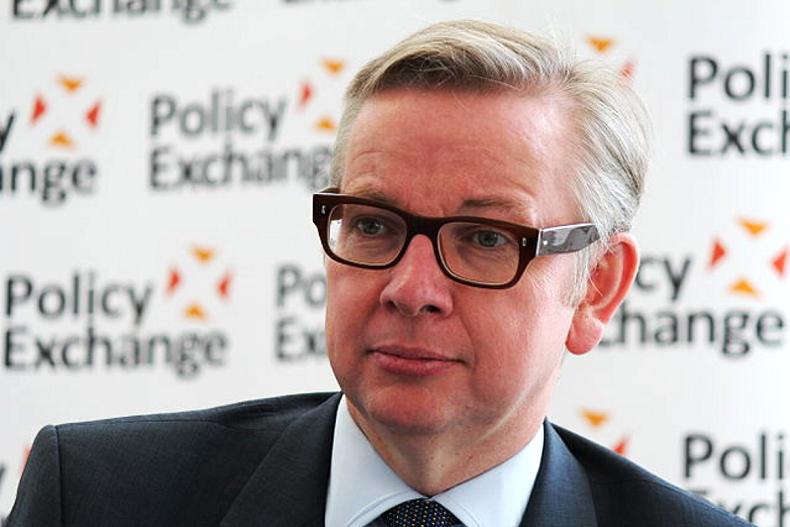
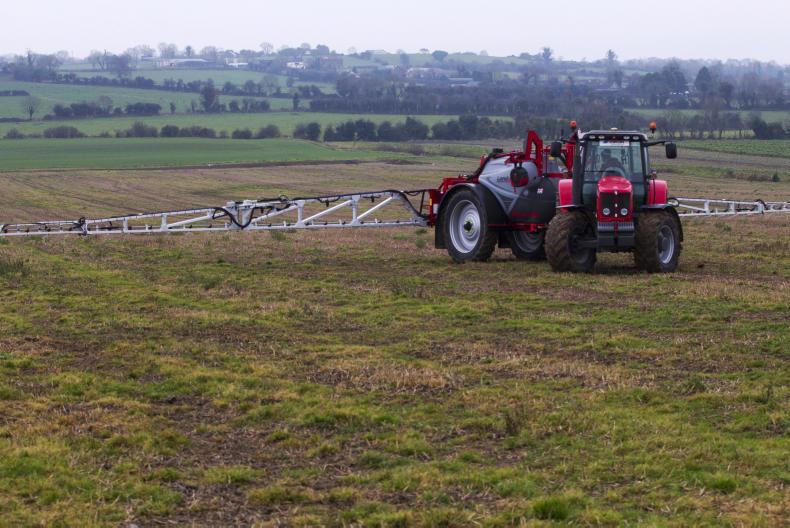

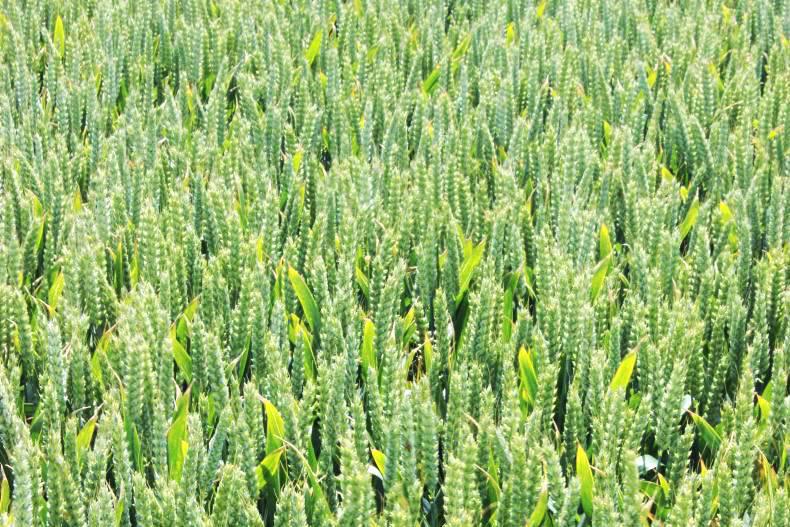
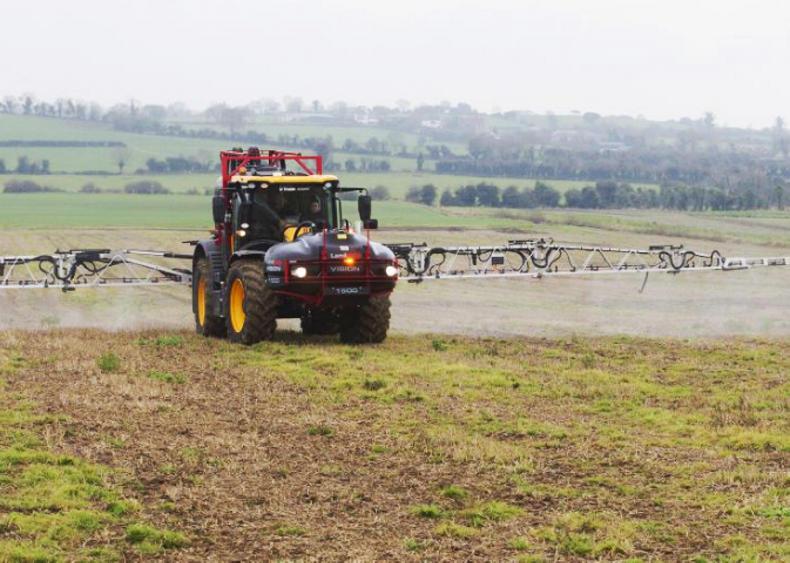
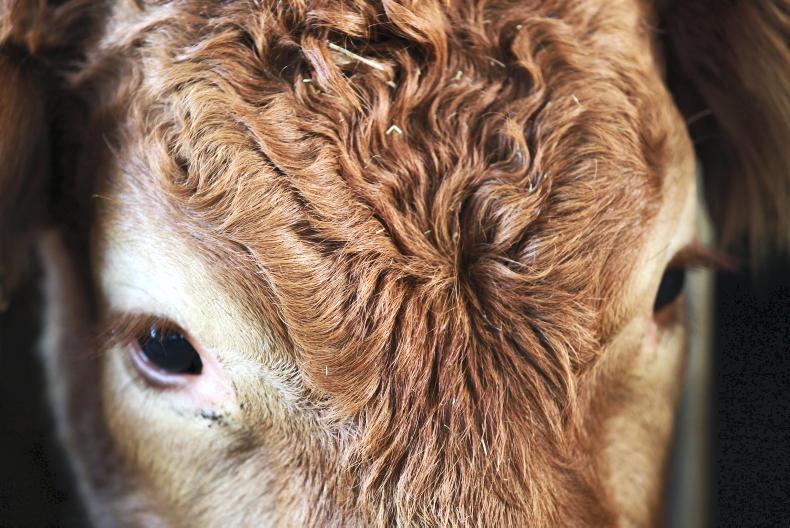
SHARING OPTIONS